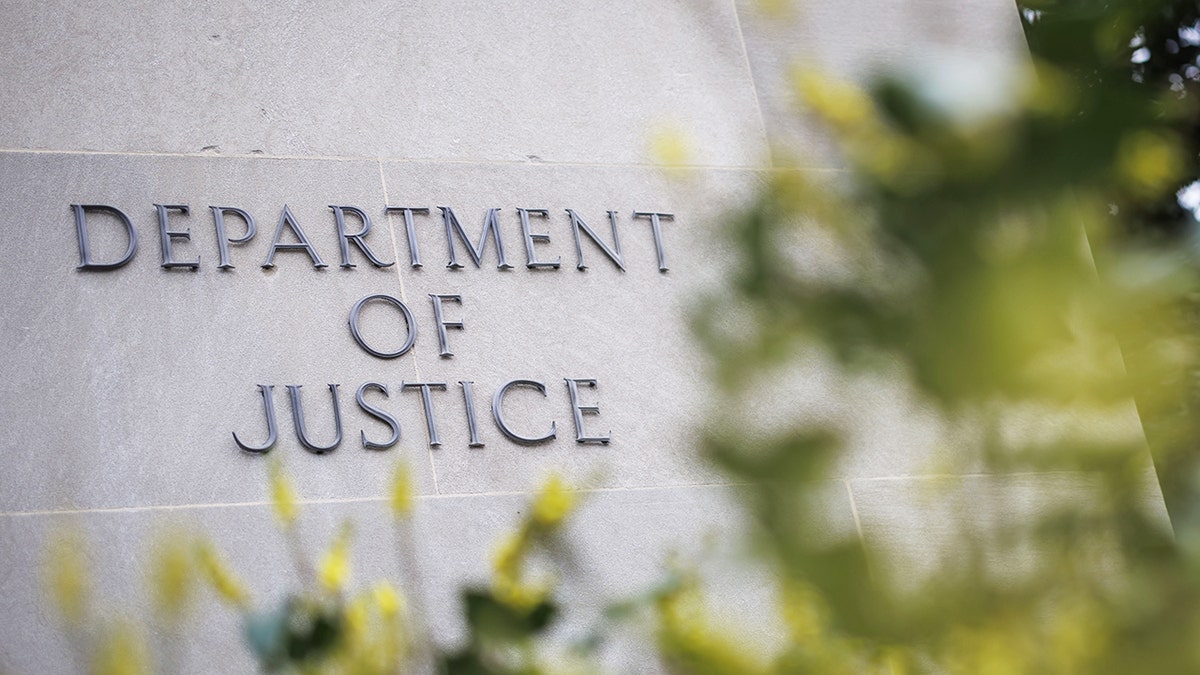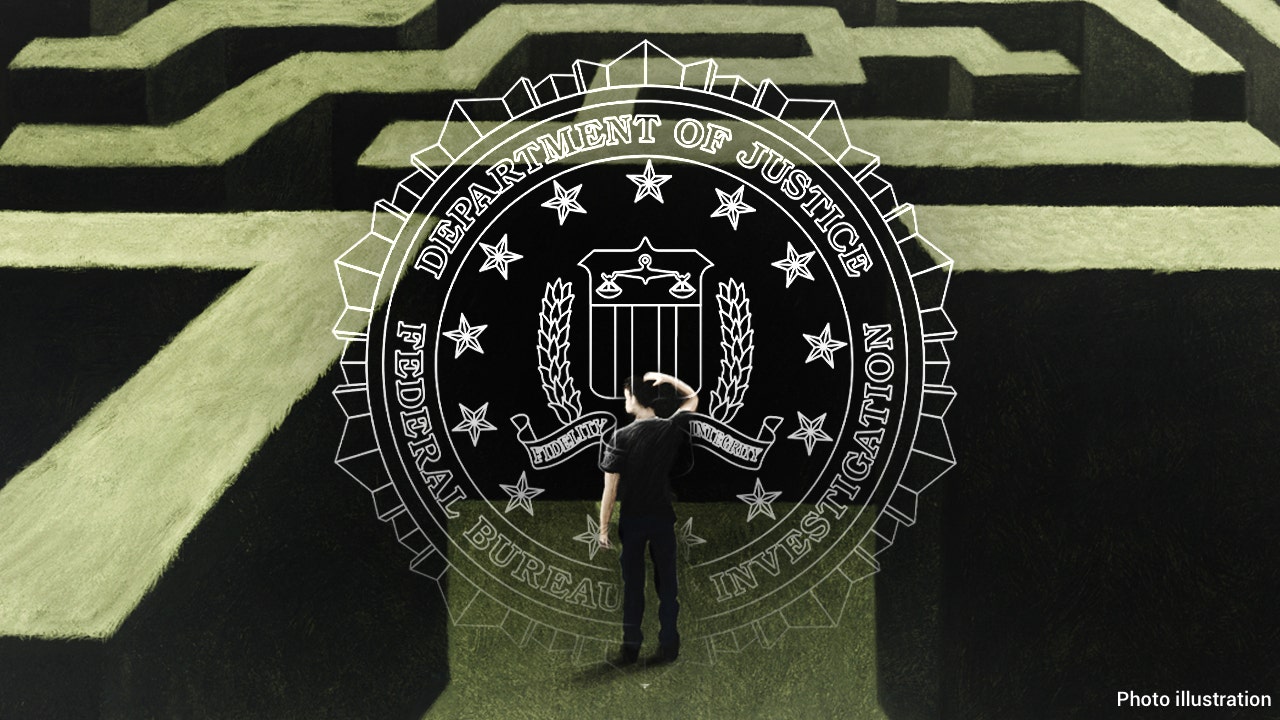How the government uses a ‘legal maze’ to ‘wage war’ on Americans’ property, according to this attorney
The federal government is waging war on Americans and their bank accounts through the “legal maze” of civil asset forfeiture, a senior attorney at a nonprofit law firm said.
“The administrative forfeiture process is extremely complex and confusing, and I believe it is confusing by design,” the Institute for Justice’s Dan Alban told Fox News. “The entire system is set up in a way that stacks the cards against property owners.”
“It’s designed to cleanly and efficiently take money away from people and give it to the government and not give them the due process that they’re entitled to,” added Alban, who represents several Americans in their civil forfeiture battles against the government.
Asset forfeiture is a process that allows the government to seize money or other property it suspects is linked to criminal activity. Most federal forfeitures are civil, meaning the government can keep the seized assets without charging or convicting the property owner with a crime.
Fighting to get seized property back is often difficult and expensive since forfeiture effectively places the burden of proof on the property owner, according to Alban. And because it’s a civil case, there’s no right to a public defender.

(Ramiro Vargas/Fox News Digital)
WATCH MORE FOX NEWS DIGITAL ORIGINALS HERE
He said the process for requesting the return of assets is often daunting and can lead to individuals defaulting accidentally.
“There are so many different aspects of the administrative forfeiture process, different deadlines, different avenues for filing different documents that many people get confused, send in the wrong paperwork,” Alban said.
He added that state and federal agencies “have a profit incentive to try to go out and seize someone’s property and forfeit it because it ultimately goes into their coffers.”
The FBI has said forfeiture is an important tool for “disrupting and dismantling criminal and terrorist organizations and punishing criminals” as well as “compensating victims and protecting communities.”
“It’s designed to cleanly and efficiently take money away from people and give it to the government”

Alban said members of the government “have a profit incentive to try to go out and seize someone’s property and forfeit it because it ultimately goes into their coffers.” (Ting Shen/Bloomberg via Getty Images)
“Forfeiture can also serve as a deterrent to others who might be considering criminal activities,” the FBI wrote in 2017.
While many states have put limitations on civil forfeitures, like higher standards of proof or requiring forfeiture proceeds to go to a state’s treasury, a program called “equitable sharing” allows state and local law enforcement to partner with federal agencies on forfeitures. In those instances, restrictions can be evaded: After federal officials seize the property, they can return up to 80% of the proceeds to the state agency.
Forfeiture generated more than $45.7 billion in revenue for the federal government between 2000 and 2019 and $23 billion for states, according to the Institute for Justice.
THE FBI TOOK HER LIFE SAVINGS. NOW SHE’S FIGHTING TO HELP OTHERS GET THEIRS BACK.
“Civil forfeiture is inherently abusive,” Alban told Fox News. “People should not be treated like ATMs, and that’s what civil forfeiture encourages the government to do.”

Civil forfeiture generated nearly $46 billion in revenue for the federal government between 2000 and 2019 and $23 billion in revenue for states, according to the Institute for Justice. (Fox 29 Philadelphia)
‘LEGAL THEFT’: TEXAS POLICE SEIZED MAN’S LIFE SAVINGS. NOW THE STATE IS PUTTING HIS CASH ON TRIAL
Across the 21 states with available data, the average amount forfeited was nearly $1,300 between 2015 and 2019, according to the Institute for Justice. With such low forfeiture values, the law firm argues that property owners are discouraged from fighting for their assets back, especially given the high cost of hiring legal representation.
“When someone is facing thousands, often tens of thousands of dollars in attorney’s fees, they frequently make the decision to not continue, that it’s not worth it to try to get back the amount of money that seized,” Alban said. “That is a strategy used by the government. It pressures people who don’t have the financial resources to stand up to the federal government, pressures them to drop their case to default.”
One of Alban’s clients, for example, was returned the $8,500 the Drug Enforcement Administration seized from him, but was denied repayment for his $15,200 in legal fees.
In Arizona, owners challenge forfeiture in only 19% of cases, according to the Institute for Justice. In Tennessee, that drops to 14%, while just 1% fight in Colorado.
CLICK HERE TO GET THE FOX NEWS APP
“That’s not a sign that the system is working — it’s a sign that the system is not working,” Alban said. “Very few people are seeing their day in court.”
In June, the House passed the Fifth Amendment Integrity Restoration (FAIR) Act, a bill that would overhaul federal civil asset forfeiture laws. If passed, the legislation would force agencies to make a case for seizure to a judge, remove financial incentives around forfeiture, and raise the level of proof needed to allow for seizures.
The FAIR Act was previously introduced to the House in 2021 but it failed to reach a floor vote. It’s also been introduced in the Senate twice since 2014, where it also hasn’t received a floor vote.





